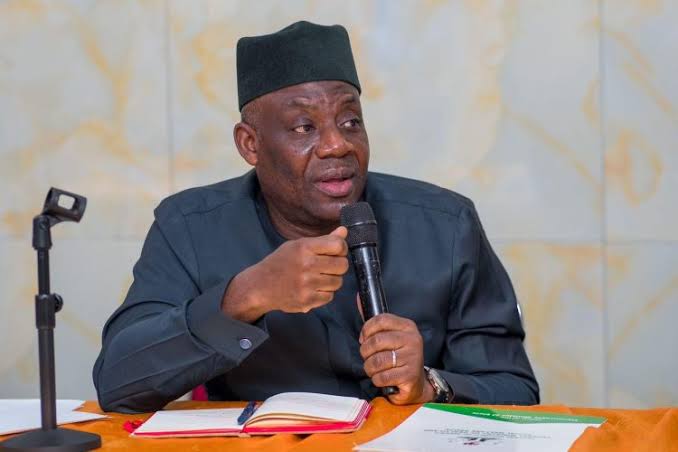The Federal Government has removed the mandatory requirement of a credit in Mathematics for students in the Arts and Humanities seeking admission into Nigerian universities and polytechnics.
The Federal Ministry of Education announced the policy change on Tuesday as part of a comprehensive revision of the National Guidelines for Entry Requirements into Nigerian Tertiary Institutions.
Under the previous policy, candidates across all fields of study — including the Arts and Humanities — were required to have five credit passes in core subjects including English Language and Mathematics in their Senior School Certificate Examination (SSCE), organised by the West African Examinations Council (WAEC) or the National Examinations Council (NECO).
The new policy, however, exempts Arts and Humanities students from the Mathematics credit requirement, while retaining it for candidates in Science, Technology, and Social Science disciplines.
A statement from the ministry, signed by spokesperson Folasade Boriowo, explained that the reform is intended to widen access to tertiary education while upholding academic standards.
“The revised National Guidelines for Entry Requirements into Nigerian Tertiary Institutions are designed to remove barriers while maintaining academic standards,” the statement said.
The new entry requirements now vary based on the type of institution and course of study:
- Universities: Minimum of five credit passes in relevant subjects, including English Language, obtained in not more than two sittings. Mathematics remains compulsory only for Science, Technology, and Social Science courses.
- Polytechnics (ND Level): Minimum of four credit passes, including English Language for non-science courses, and Mathematics for science-related programmes.
- Polytechnics (HND Level): Five credit passes required, including English Language and Mathematics.
- Colleges of Education (NCE Level): Four credit passes required. English is mandatory for Arts and Social Sciences, while Mathematics is compulsory for Science, Vocational, and Technical programmes.
Education Minister Dr Tunji Alausa described the reform as a “deliberate effort to expand access to tertiary education,” particularly for students who may have been unfairly excluded due to difficulty with mathematics.
An education analyst, Ayodamola Oluwatoyin, welcomed the change, calling it “a brilliant reform” that could ease the admission process for thousands of qualified candidates in the humanities.
Further implementation guidelines are expected in due course.



